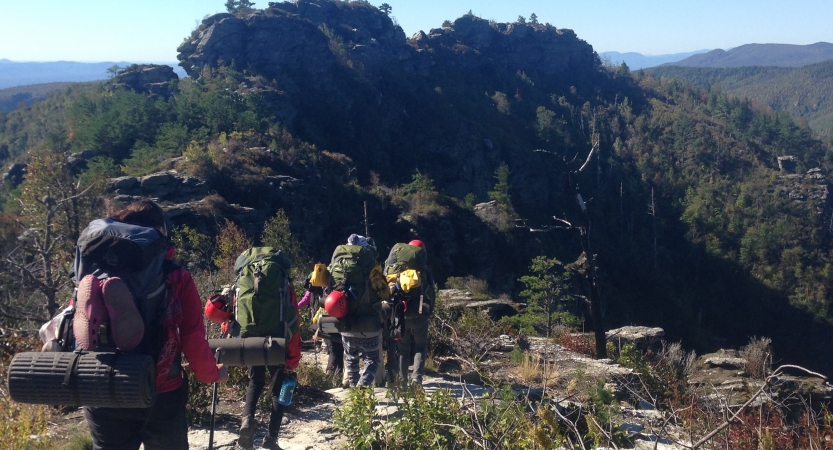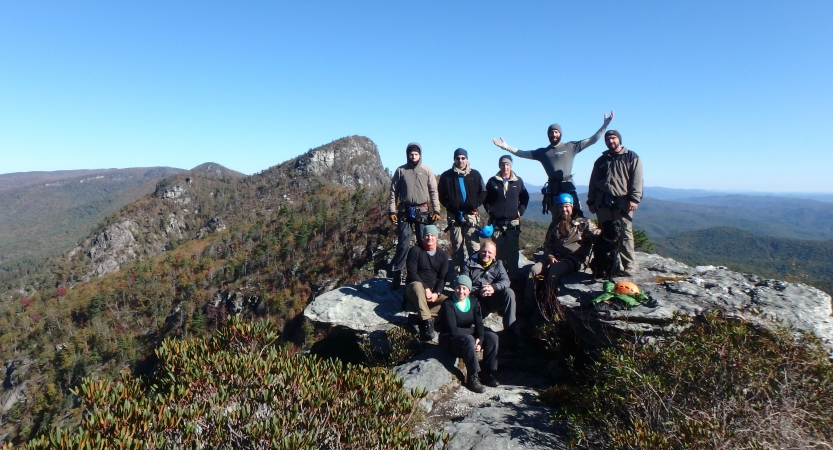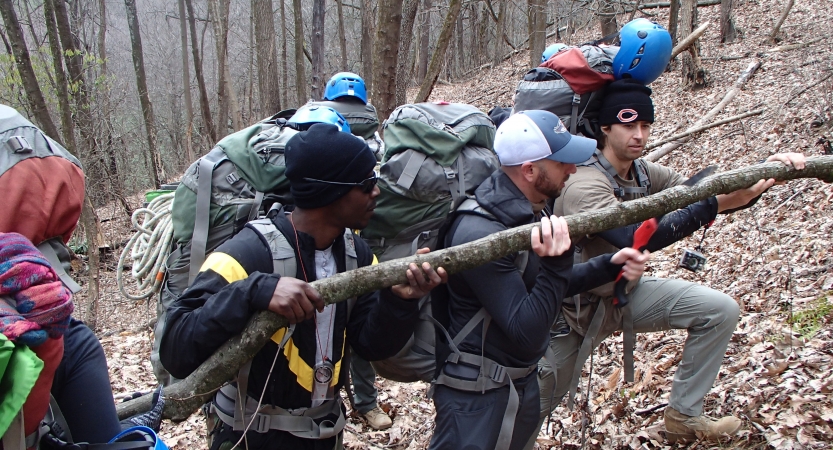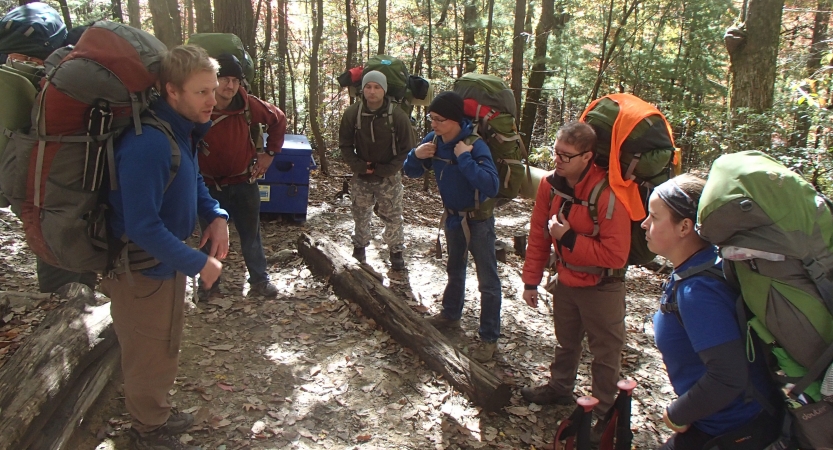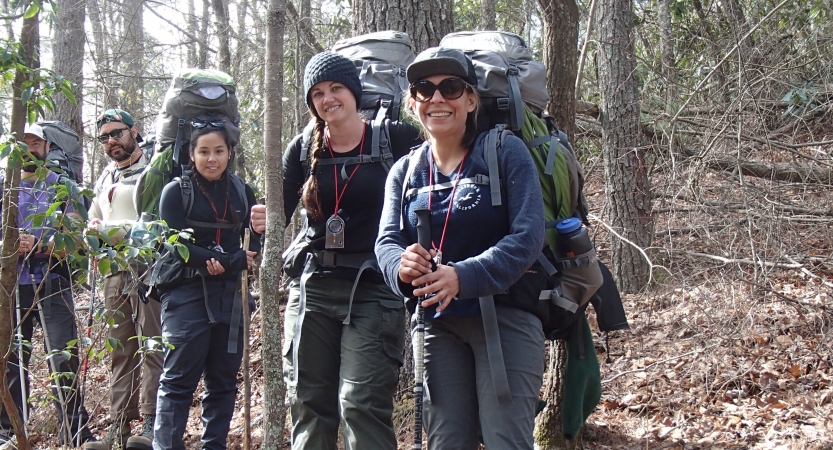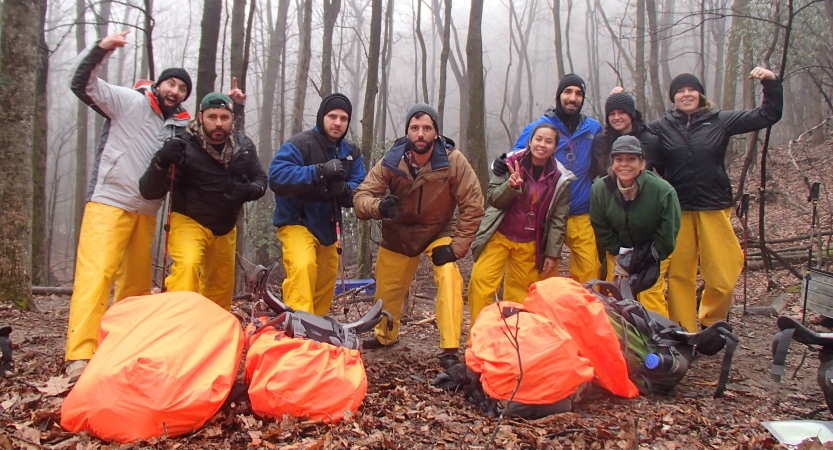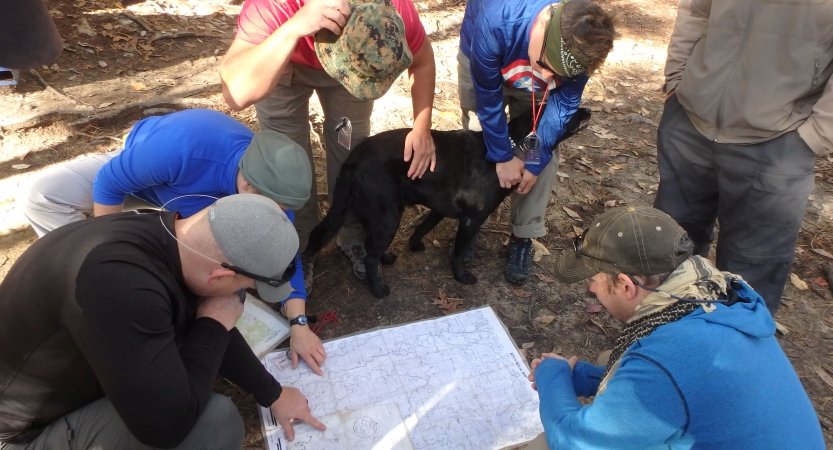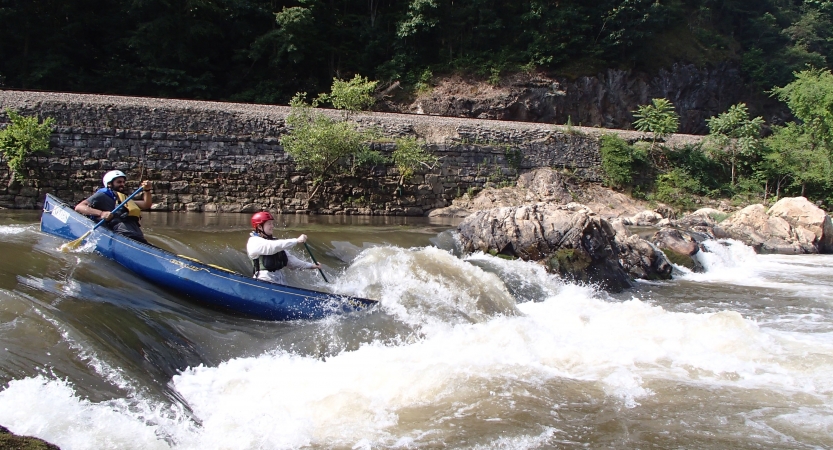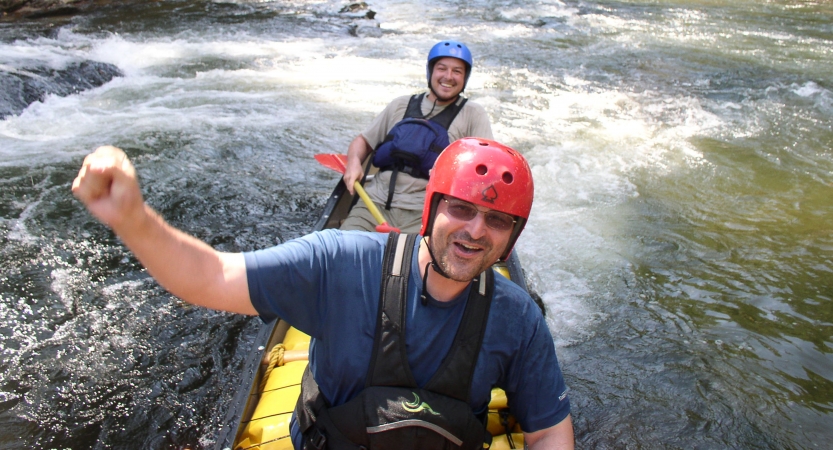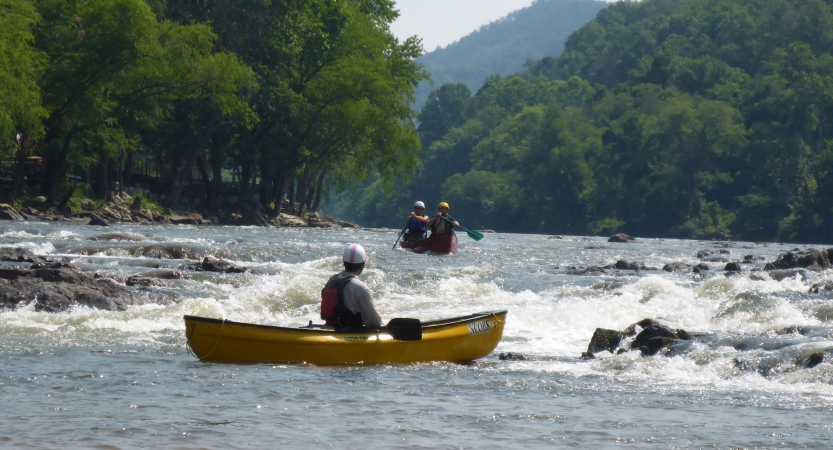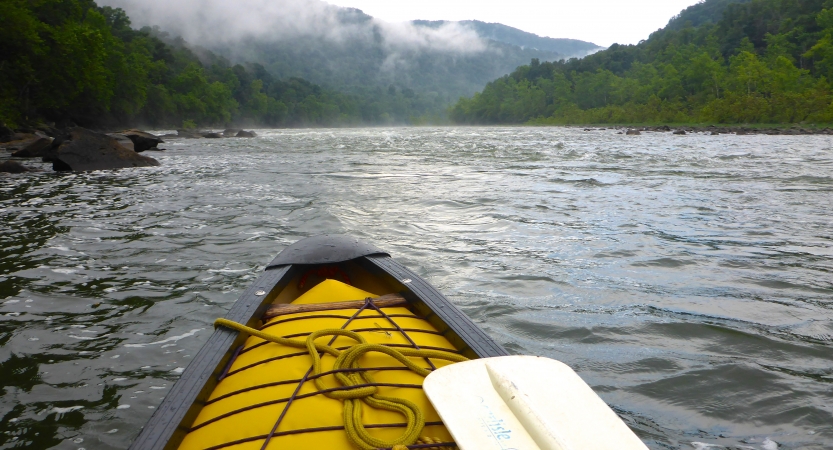-
EXPEDITIONS
-
Joshua Tree Backpacking & Rock Climbing
-
Boundary Waters Dog Sledding & Cross Country Skiing
-
Costa Rica Backpacking & Surfing
-
Boundary Waters Canoeing for Adults
-
Blue Ridge Mountains Backpacking & Rock Climbing for Adults
-
Joshua Tree Backpacking for Adults
-
Boundary Waters Dog Sledding & Cross Country Skiing for Adults
-
Pathfinder Southwest Canyoneering & Rafting
-
Pathfinder Blue Ridge Mountains Backpacking, Whitewater Canoeing & Rock Climbing
-
Pathfinder Rocky Mountains to Canyonlands
-
Blue Ridge Mountains to Florida & Patagonia Leadership Semester
-
Canyonlands to Joshua Tree Leadership Semester
-
Patagonia to Florida & Blue Ridge Mountains Leadership Semester
-
Costa Rica and Panama Leadership Semester
-
Blue Ridge Mountains Backpacking & Rock Climbing for Families
-
Ten Thousand Islands Canoeing for Families
-
Ten Thousand Islands Sea Kayaking for Veterans
-
Blue Ridge Mountains Backpacking & Rock Climbing for Women Veterans
-
Ten Thousand Islands Canoeing for Veterans
-
Backpacking
-
Canoeing
-
Canyoneering
-
Dog Sledding
-
Mountaineering
-
Rafting
-
Rock Climbing
-
Sailing
-
Sea Kayaking
-
Service
-
Snow and Ice
-
EXPEDITION FINDER
CLASSIC FOR MIDDLE SCHOOL
FEATURED CLASSIC FOR MIDDLE SCHOOL
CLASSIC FOR MIDDLE SCHOOL OVERVIEW CLASSIC FOR HIGH SCHOOLFEATURED CLASSIC FOR HIGH SCHOOL
FEATURED CLASSIC FOR ADULTS
FEATURED PATHFINDER
FEATURED SEMESTER
FEATURED OUTDOOR EDUCATOR
OUTDOOR EDUCATOR OVERVIEW INTERCEPTFEATURED INTERCEPT
INTERCEPT OVERVIEW AFFINITY GROUPSFEATURED AFFINITY GROUPS
FEATURED VETERANS
FEATURED ACTIVITIES
FEATURED SCHOLARSHIPS & ACADEMIC CREDIT
SCHOLARSHIPS & ACADEMIC CREDIT OVERVIEW PLANNING COMMUNICABLE DISEASE PRACTICESFEATURED COMMUNICABLE DISEASE PRACTICES

Program Overview
Skills
- Basic First Aid
- Basic Paddle Strokes
- Belaying a Climber
- Campcraft
- Food Preparation and Cooking
- Knots
- Map and Compass
- Natural History
- Navigation
- Rappelling
- River Reading
- Safety and Risk Management
- Self Care
- Tides and Currents
- Camaraderie
- Character
- Communication
- Leadership
- Sense of Social Connection
- Service
Let’s Connect!
Blue Ridge Mountains Backpacking & Whitewater Canoeing for Veterans
« Back to SearchEnjoy a unique and inspiring adventure surrounded by fellow veterans and service members in the beautiful country for which you served.
Home to hundreds of waterfalls, over a million acres of national forest, park and public land, unique rock formations and the highest peaks in the Eastern United States, the Blue Ridge Mountains are a beautiful, challenging natural environment for veterans to discover or rediscover their true potential.
With the company and camaraderie of your crew, you will backpack for four days and spend a day whitewater canoeing through rushing mountain rivers. Outside of the time spent being physically active and brushing up on your backcountry living skills, you and your crew will share stories, validate experiences and develop trust and compassion.
Please note: To reduce an extremely high cancel rate for these fully funded courses, we now require applicants to submit a $50 non-refundable Commitment Fee at time of enrollment.
If this fee is a financial barrier, please call our National Admissions Office at 866-467-7651 to request a Commitment Fee Waiver. The waiver process includes submitting a Statement of Commitment confirming your intent to follow through with this program.
Reducing revolving enrollments helps us keep our course inventory more accessible. Thank you for your cooperation.
Thank you for considering the North Carolina Outward Bound School. Stay up to date by reviewing their Tropical Storm Helene Response & Updates.
Program Overview
Skills
- Basic First Aid
- Basic Paddle Strokes
- Belaying a Climber
- Campcraft
- Food Preparation and Cooking
- Knots
- Map and Compass
- Natural History
- Navigation
- Rappelling
- River Reading
- Safety and Risk Management
- Self Care
- Tides and Currents
- Camaraderie
- Character
- Communication
- Leadership
- Sense of Social Connection
- Service
UPCOMING COURSES
What is this?
For detailed information on course availability statuses and what they mean, click here.
Course # NCVF-2523
Age 18 and up
Days 6
Cost $50
Dates 10/5/2025 - 10/10/2025
JOIN WAITLIST
Once a course has reached capacity, three waitlist positions become available. To join a course’s waitlist, click “Join Waitlist” to begin the application process. A $500 deposit is required. This $500 deposit includes a $150 non-refundable application fee and a $350 tuition payment. The $350 tuition payment is refundable only if you cancel your waitlist application or if an open position does not become available. If a position does become available, the applicant will be applied to the open position and the Application and Cancellation Policies of the Regional Outward Bound School will be followed, including forfeiture of the $500 deposit if you cancel 90 days or less prior to the course start date.
Waitlist applicants are encouraged to complete all required admissions documents while awaiting an open position. Positions may become available up to two weeks prior to the course start date. Applicants may only apply to one course. We recommend applying to a course with open positions instead of a course that is accepting waitlist applications. If you have questions, please call 866-467-7651 to speak with one of our Admissions Advisors.
What is this?
For detailed information on course availability statuses and what they mean, click here.
Thank you for your interest in Outward Bound!
This course starts within the next week. Please call us at 866-467-7651 to assess the possibility of applying for this course!
APPLY NOW
This means a course has several open spots and is actively processing applications.
APPLY NOW – Almost Full
This means there are three or fewer currently available spots left on a course. To secure your spot click Apply Now to begin an application!
JOIN WAITLIST
Once a course has reached capacity, three waitlist positions become available. To join a course’s waitlist, click “Join Waitlist” to begin the application process. A $500 deposit is required. This $500 deposit includes a $150 non-refundable application fee and a $350 tuition payment. The $350 tuition payment is refundable only if you cancel your waitlist application or if an open position does not become available. If a position does become available, the applicant will be applied to the open position and the Application and Cancellation Policies of the Regional Outward Bound School will be followed, including forfeiture of the $500 deposit if you cancel 90 days or less prior to the course start date.
Waitlist applicants are encouraged to complete all required admissions documents while awaiting an open position. Positions may become available up to two weeks prior to the course start date. Applicants may only apply to one course. We recommend applying to a course with open positions instead of a course that is accepting waitlist applications. If you have questions, please call 866-467-7651 to speak with one of our Admissions Advisors.
CALL TO APPLY
This means a course is very close to its start date. Although it is unlikely to secure a spot this late, you can call the National Admissions office at 866-467-7651 to discuss your options.
COURSE IS FULL
When a course has reached maximum capacity, meaning all spots and the three waitlist spots are occupied, a course will read “Course Is Full.” This means applications are no longer being accepted.
CLOSED
As a course nears its start date, the availability status may read “Closed.” In this event, a course roster has been finalized and applications are no longer being accepted or processed.
This course starts in . Are you sure you would like to proceed?
Outward Bound Veterans expeditions focus on team camaraderie and the opportune challenges available in nature as tools to build connections and successes beyond military life. These expeditions encourage participants to explore their strengths and bond with fellow veterans in a safe, positive, goal-oriented environment that allows each veteran to apply their service skills in new ways. From carrying heavy packs, moving fatigued muscles and sleeping outside to exerting leadership, communication and decision-making skills, these courses help shape and support the self-confidence and sense of purpose many veterans need to continue serving as leaders in their families, communities and the nation.
- Build skills, form connections: Veterans receive hands-on training in wilderness, adaptability and personal leadership skills. As part of an inclusive, supportive crew, they gain added strength in their communication abilities, establish trust and validate experiences with other veterans.
- Value strengths and strengthen values: Beyond the structure and discipline of military service, Outward Bound focuses on resiliency, compassion, integrity, inclusion and diversity to help veterans reflect, share insights and experience each moment and triumph with new perspective.
- Demonstrate mastery: Mastery is not just about conquering wilderness navigation skills. Reflection and self-awareness are equally vital to a veteran’s Outward Bound experience, equipping every Veteran student with new understanding and possibilities for coping they can use in their day-to-day lives.
- What you’ll learn: Veterans return home energized, ready to tap into rediscovered strengths and eager to find new ways to contribute to family, work, community and the world.
Each veteran student returns home from their Outward Bound expedition having discovered more about themselves and what they want to achieve, how to overcome setbacks and, most importantly, how to move forward to reach important new milestones.
Please note: Outward Bound expeditions for Veterans are designed for individuals (who do not already know each other) to come together to form an inclusive crew, work together to overcome adversity, and use the environment they’re in to learn as a team. If you have a group of 3 or more Veterans who already know each other, we have a different experience for that: please contact our National Admissions Office at 866-467-7651 to talk about custom group programs or fill out Custom Programs Form.
Students will backpack up to four days in the Pisgah National Forest of Western North Carolina where they will learn to travel safely in the backcountry, navigate varied terrain, as well as how to do these activities responsibly using Leave No Trace principles. Equally important will be time spent learning conflict resolution skills, communication styles, leadership and team-building. After the crew has practiced these skills the Instructors will step back and let the group work together to navigate through the wilderness.
After a few days expeditioning and building crew camaraderie, students will learn to maneuver Class I-III level whitewater rapids. Paddling through sculpted rock channels in tandem (two person) canoes offers the perfect opportunity to foster further collaboration and communication skills between crewmates. Students will execute synchronized strokes, dynamic eddy turns, peel-outs and ferries on either the French Broad, Tuckaseegee, Chattooga, New or Nantahala Rivers. Some of the topics crews cover during this portion of the course include: identification and use of equipment, basic water safety and rescue techniques, how to work with paddling partners to successfully negotiate class l-III rapids and flatwater, and whitewater paddling strokes.
During course, students will have the opportunity to relax and recharge for the challenges ahead during a period of self-reflection. This self-reflection period can last anywhere from a few hours as you take in a view and write in your journal, to 24 hours, in which Instructors will give students all the necessary food, water and shelter to enjoy time alone. The Instructors will determine the length of downtime based on the needs of each crew.
Blue Ridge Mountains, NC
The Blue Ridge Mountains, or Southern Appalachians, is one of the oldest mountain ranges in the world. While the mountains themselves formed over 250 million years ago, some of the rocks that underlie the region are over a billion years old.
The long geologic and evolutionary history of the Southern Appalachians has created one of the most biologically diverse regions in the temperate world; some even say it is “rainforest-like.” This region is home to beautiful rushing rivers, hundreds of waterfalls, and some of the highest peaks in the Eastern United States—including Mt. Mitchell (elevation 6,684’), the highest point east of the Mississippi River. Its diverse landscapes have been featured in many motion pictures, including The Hunger Games and The Last of the Mohicans.
Outward Bound students can expect to share the wilderness with over 700 different kinds of trees, more than 50 types of mammals, 150 different types of birds, and over 50 species of amphibians. The huge numbers of tree and plant life is actually what gives these mountains their namesake. Trees put the ‘blue’ in the Blue Ridge Mountains from the organic chemicals they release into the atmosphere, thereby contributing to the distinctive color of these mountains
Temperatures in this area range from 50 - 85 degrees in the summer, 30 - 65 degrees in the spring and fall, and 10 - 50 degrees in the winter.
These regions are the ancestral lands of the ᎠᎳᎫᏪᏘᏱ Tsalaguwetiyi (Cherokee, East), S’atsoyaha (Yuchi), Catawba, Moneton and Keyauwee nations.
OTHER COURSES YOU MAY LIKE


Blue Ridge Mountains Backpacking & Roc...
Courses: 1 date available Ages: 18+ Length: 6 Days Cost: $50 Details & Dates

Ten Thousand Islands Sea Kayaking for ...
Courses: 0 dates available Ages: 18+ Length: 6 Days Cost: $50 Details & Dates



